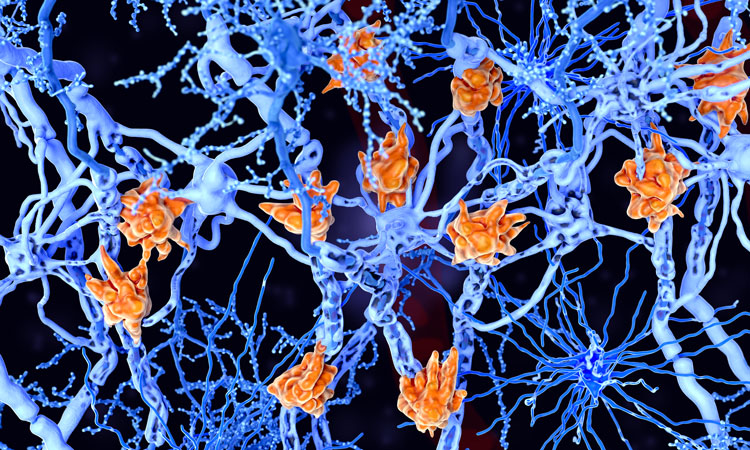microRNA could lead to new methods to treat multiple sclerosis
Posted: 27 November 2019 | Rachael Harper (Drug Target Review) | No comments yet
In a pre-clinical model of multiple sclerosis, orally treating susceptible mice with a microRNA from the diseased gut has prevented the disease.


During a study into the gut microbiome, investigators have discovered a microRNA (a small RNA molecule) that increases during peak disease in a mouse model of multiple sclerosis (MS) and in untreated MS patients. This may unlock a new way of treating MS as when a synthetic version of the microRNA was orally given to the mice, it prevented disease.
The investigators were from Brigham and Women’s Hospital, US.
“We’ve discovered a new mechanism to regulate the microbiome and treat a human disease that hadn’t been known before,” said senior author Howard Weiner, MD. “Our findings, which show that a microRNA can be used to target and influence the microbiome with precision, may have applicability for MS and many other diseases, including diabetes, ALS, obesity and cancer.”
Weiner, lead author Shirong Liu, MD, PhD and their colleagues investigated how the altered gut microbiome affects the course of MS. To do so, they studied the microbiome and microRNAs found in the experimental autoimmune encephalomyelitis (EAE) model of MS. They found that when they transferred fecal matter from EAE mice at peak disease, it protected the mice who received the transfer. The team found that a specific microRNA, known as miR-30d, rather than live bacteria, was responsible for preventing disease. The investigators found that miR-30d is enriched in untreated, relapsing-remitting MS patients as well.
Our findings… may have applicability for MS and many other diseases, including diabetes, ALS, obesity and cancer”
To further investigate the effects of miR-30d, the researchers created a synthetic form of the microRNA that they could orally administer to mice. They found that giving the synthetic, oral form of the microRNA also resolved disease.
The investigators next examined what components of the microbiome were changing in response to the microRNA. They found the microRNA was influencing one specific bacterial strain known as Akkermansia muciniphila, allowing it to grow and flourish in the gut. A. muciniphila has been previously reported to have anti-inflammatory properties and may help people overcome obesity.
The team also investigated the influence of the microRNA and bacterial strain on immune cells known as regulatory T cells (Tregs). They found that when the microRNA allowed the bacterial strain to expand abundantly in the gut, Tregs also increased and helped suppress MS-like symptoms in the mice.
“It’s unexpected and perhaps counter-intuitive that something we find in the microbiome during peak disease could provide protection,” said Liu. “But we hypothesise that the effects we’re seeing represent a protective mechanism. Most patients with relapsing-remitting MS spontaneously recover from acute attacks. What we’ve found here may be a part of that recovery rather than a reflection of disease progression.”
The findings of this study were published in Cell Host & Microbe.
Related topics
Disease Research, Microbiome, microRNA, RNAs, T cells, Targets
Related conditions
Multiple Sclerosis (MS)
Related organisations
Brigham and Women's Hospital (BWH)
Related people
Howard Weiner MD, Shirong Liu MD PhD








